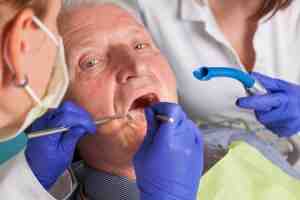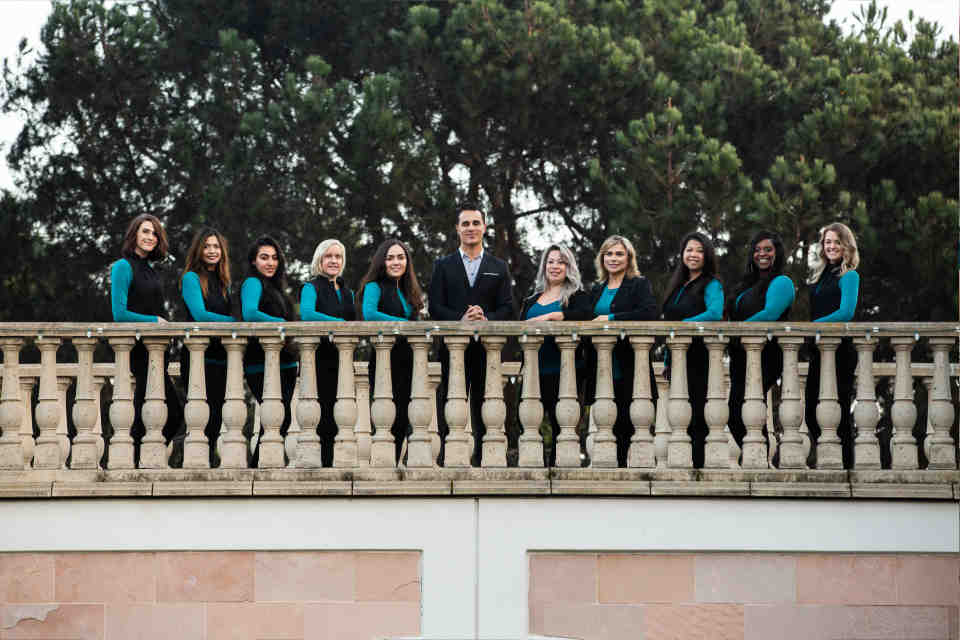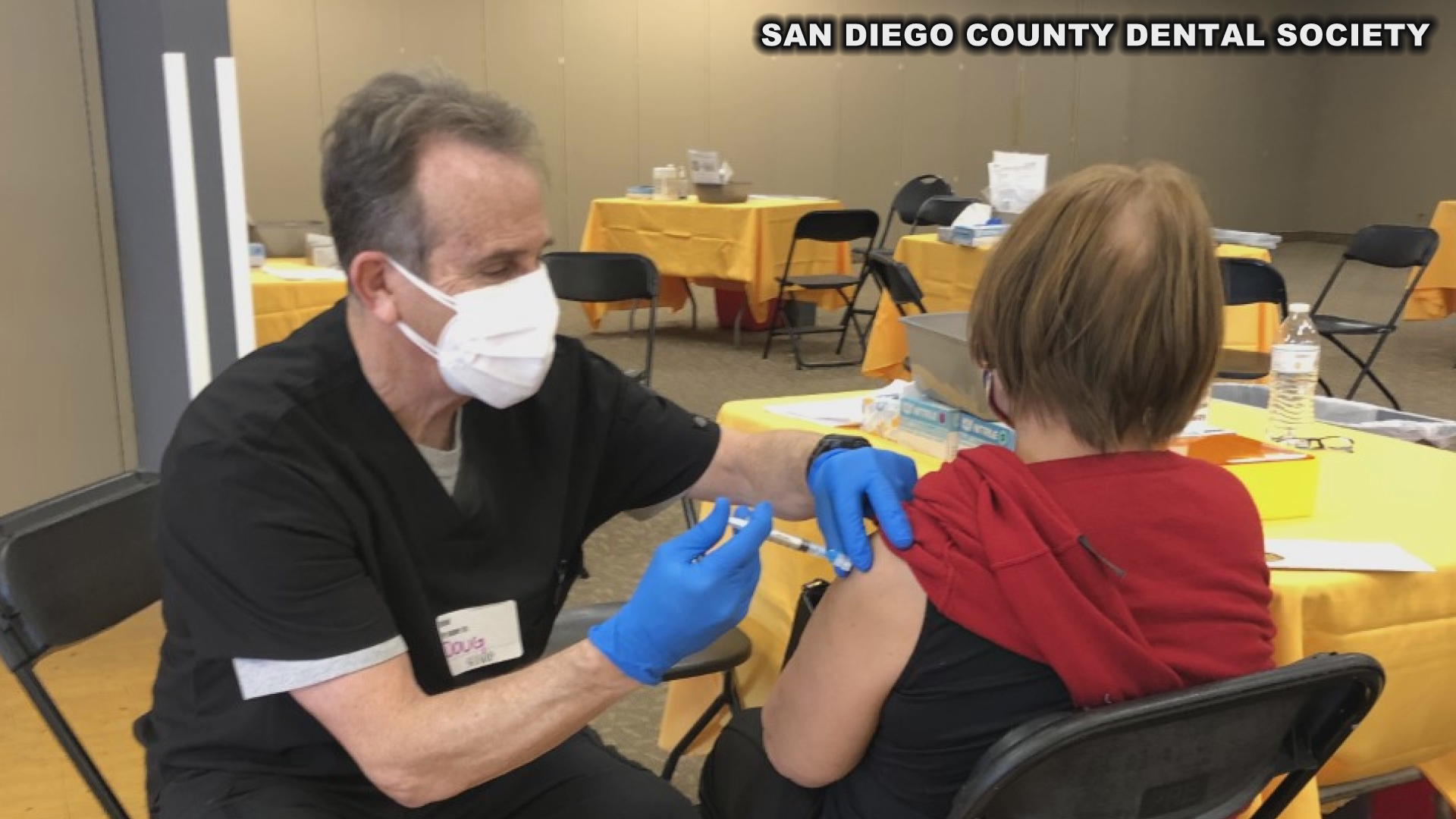Should I go to the doctor or dentist for nonurgent appointments during the COVID-19 pandemic?

Many medical and dental practices now have adequate personal protective equipment and have put in place comprehensive safety measures to protect you, the doctor and office staff, and other patients. If you feel anxious about visiting yourself, call the exercise. More and more doctors’ offices are providing telehealth services. This could mean phone calls, or virtual visits using a video chat service. Ask to schedule a telehealth appointment with your doctor for new or ongoing non-surgical material. If, after talking to you, your doctor wants to see you in person, he or she will let you know.
How bad is COVID-19?
According to the CDC, reported COVID-19 illnesses ranged from mild (with no reported symptoms in some cases) to the point of requiring hospitalization, intensive care and / or a ventilator. And, in some cases, COVID-19 diseases can lead to deaths.
Can you be reinfected with COVID-19?
COVID-19 reassignment cases have been reported but are rare. In general, re-infection means that a person was once infected (sick), recovered, and then later infected again. Based on what we know from similar viruses, some resurgence is expected.
Can I be forced to work during the COVID-19 pandemic?
Normally, your employer may require you to come to work during the COVID-19 pandemic. However, some government emergency orders may affect whether businesses can stay open during the pandemic. Under federal law, you are entitled to a safe workplace. Your employer must provide a safe and healthy workplace.
Should I wear a mask to the dentist during the COVID-19 pandemic?

Ideally, patients and visitors should wear their own cloth face cover (if accepted) on arrival and for their stay in the facility. If they do not have a face mask cover, they should be offered a face mask or cloth cover, as supplies allow.â— May Patients may remove their cloth face cover while in their patient rooms or care area but should put it back on when leaving at the end of dental treatment.â— should Masks and face masks should not be worn on young children under 2 years of age, on anyone with difficulty breathing, or on any a person who is unconscious, incapacitated or unable to remove the mask without assistance.
Can fans be used safely inside during the COVID-19 pandemic?
Blowing air from a person directly infected by another person in an enclosed space increases the risk of the virus spreading from one person to another. If COVID-19 is spreading in your community and it is not possible to use a table or pedestal fan, it is inevitable that it is important to regularly introduce air from outside by opening windows or doors, and increasing the amount of air minimize blows from one person (or group of people) to another (or group of people).
Should employees wear cloth face coverings at work during the COVID-19 pandemic?
CDC recommends wearing a cloth face cover as a measure to keep the wearer’s respiratory droplets and to protect others. Employees should not wear a cloth face cover if they have trouble breathing, cannot wear it, or cannot remove it without assistance. Face masks are not considered personal protective equipment and may not protect smokers from exposure to the virus caused by COVID-19. However, cloth face masks may prevent workers, including those who do not know they have the virus, from spreading it to others. Inform employees and clients that CDC recommends wearing face masks in public settings where other social distance measures are difficult to maintain, especially in areas with significant community-based transmission. Wearing a cloth face, however, does not necessarily necessitate the practice of social elongation.
Who shouldn’t wear masks during the COVID-19 pandemic?
Masks should not be worn on Children under 2 years of age or on anyone who has difficulty breathing or is unconscious, incapacitated, or unable to remove the cover without assistance.
What is the COVID-19 stay at home order in San Diego?

â € ¢ Everyone should stay home only to take care of basic needs, go to an essential job, go to reopening businesses or go out for fitness. â € ¢ Practice social distances. Keep at least six feet away from others unless they are family members.
Can I still have sex during the coronavirus pandemic?
If you are both healthy and feeling well, practicing social distances and have known no exposure to anyone with COVID-19, touching, touching, hugging, kissing and sex are more likely to be safe.
Can the coronavirus disease spread through food?
There is no evidence that people can get COVID-19 from eating food. However, there can be risks in sharing tools and coming together around food service areas. If food is offered at any meeting or event, have individual pre-packaged boxes or bags instead of a potluck, buffet, or family-style meal.
Can coronavirus decrease sex drive?
From NBC News, in a group of just over 9000 people, only 24% said COVID-19 infection had a positive impact on their sex life, 28% were neutral, and 47% said it had a negative impact. In addition, a study in China showed that sexual activity decreased among young men and women.
Is it required to wear a face covering in San Diego during the COVID-19 pandemic?
Starting June 18, Californians must wear face covers in indoor and outdoor spaces and outdoors when distance is not possible. Learn more about the guide and limited exceptions.
Are cloth masks effective in preventing the coronavirus disease?
The filtration efficiency of cloth masks is usually lower than that of medical and breathing masks; however, cloth masks can provide some protection if properly designed and used.
Do face masks provide protection from COVID-19?
Masks may help prevent people with COVID-19 from spreading the virus to others. The CDC encourages people to wear face masks in public settings, especially when other social extension measures are difficult to maintain. Wearing a face mask may limit exposure to respiratory droplets and large particles and may help prevent people with COVID-19 from spreading the virus.